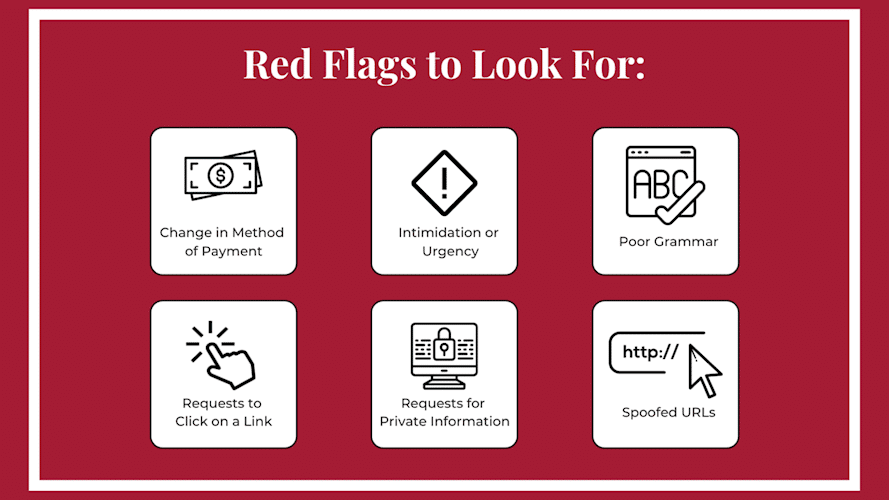Biographies: The Art of Telling a Story
A biography is more than just a record of someone’s life. It’s a powerful tool for sharing their experiences, accomplishments, and challenges with the world. Whether you’re writing a biography for a historical figure or a contemporary individual, the key is to tell a compelling story that captures their essence.
The Power of a Good Biography
A good biography has the power to inspire, educate, and entertain. It can help readers gain a deeper understanding of the subject’s life and the world around them. Biographies can also be used to celebrate the achievements of individuals who have made a significant impact on society.
For individuals, having a well-written biography can be a valuable asset. It can serve as a personal record of their accomplishments and help them establish credibility and authority in their field. A biography can also be used to showcase their expertise and promote their work to a wider audience.
The Elements of a Good Biography
A good biography should be engaging and informative. It should include the following elements:
Introduction: A brief overview of the subject’s life and achievements.
Early life: A description of the subject’s upbringing, family, and education.
Career: An overview of the subject’s professional accomplishments, including notable achievements and challenges.
Personal life: A discussion of the subject’s personal relationships, hobbies, and interests.
Legacy: A reflection on the subject’s impact on society and their lasting legacy.
Tips for Writing a Great Biography
Writing a great biography takes time and effort. Here are some tips to help you get started:
Do your research: Gather as much information as possible about the subject’s life and achievements.
Focus on the subject’s story: A biography should be a narrative, not a list of facts. Focus on telling a compelling story that captures the subject’s essence.
Use quotes and anecdotes: Incorporate quotes and anecdotes to bring the subject’s story to life.
Be objective: A good biography should be objective and balanced. Don’t shy away from discussing the subject’s flaws or challenges.
Edit and revise: Like any piece of writing, a biography requires editing and revision. Take the time to review your work and make changes as needed.
Conclusion
A good biography can have a powerful impact on readers. It can help us understand the lives and experiences of others, and inspire us to make a positive impact on the world. Whether you’re writing a biography for a historical figure or a contemporary individual, the key is to tell a compelling story that captures their essence.





